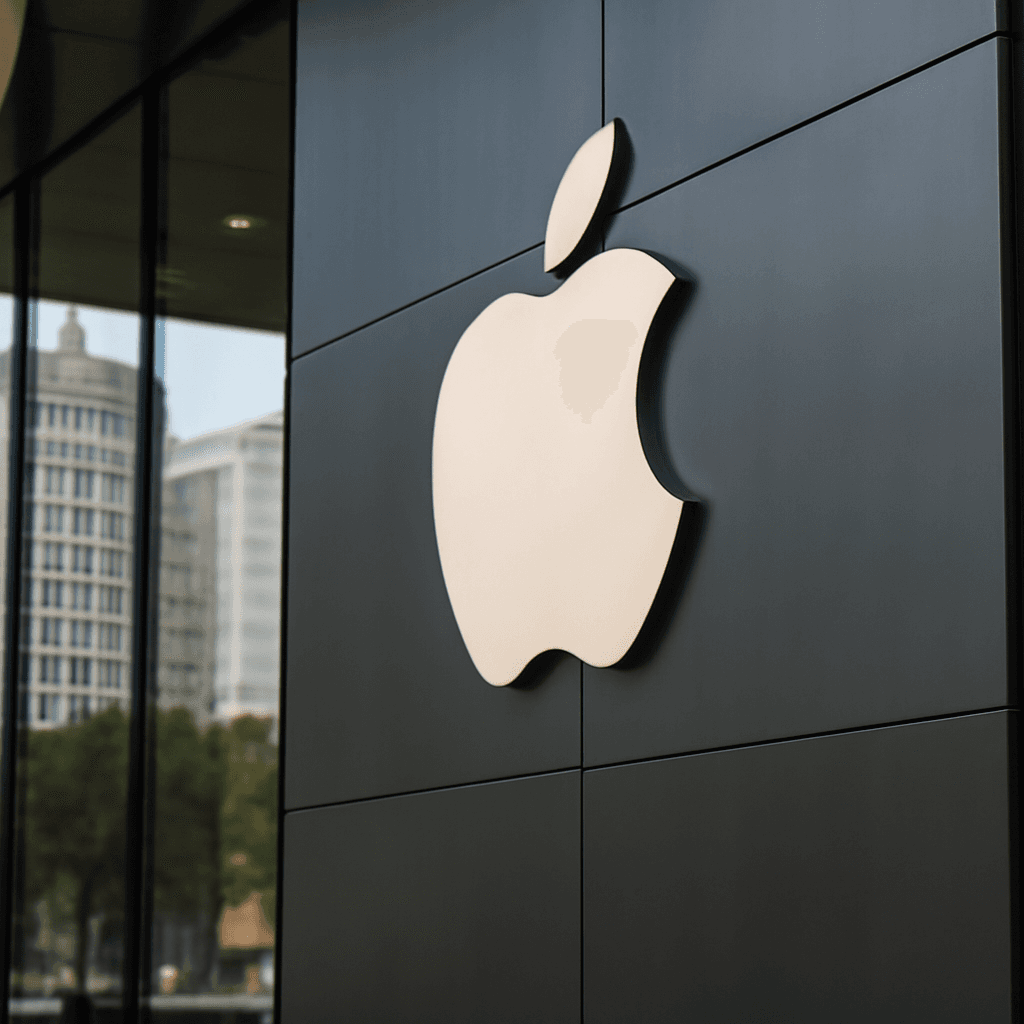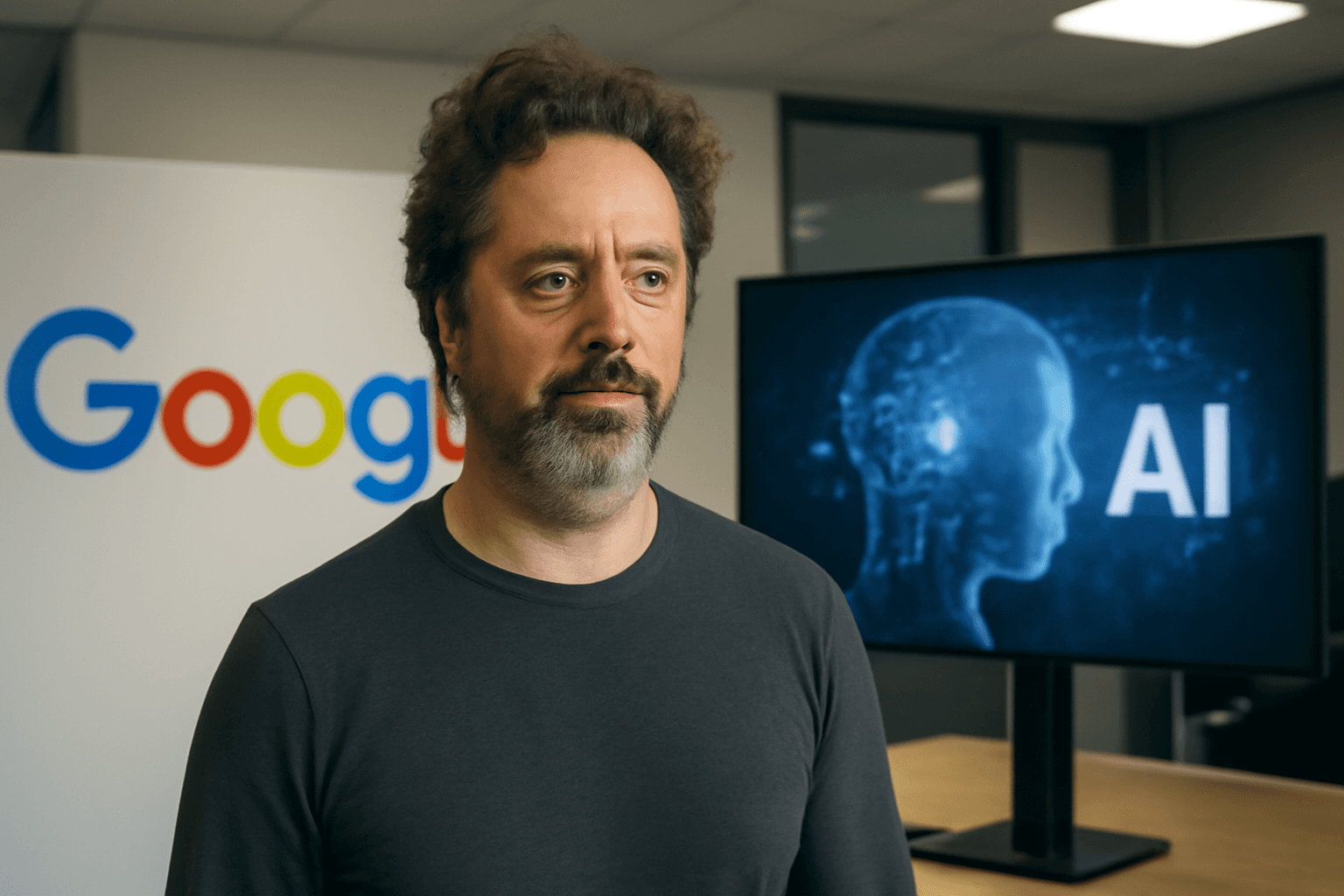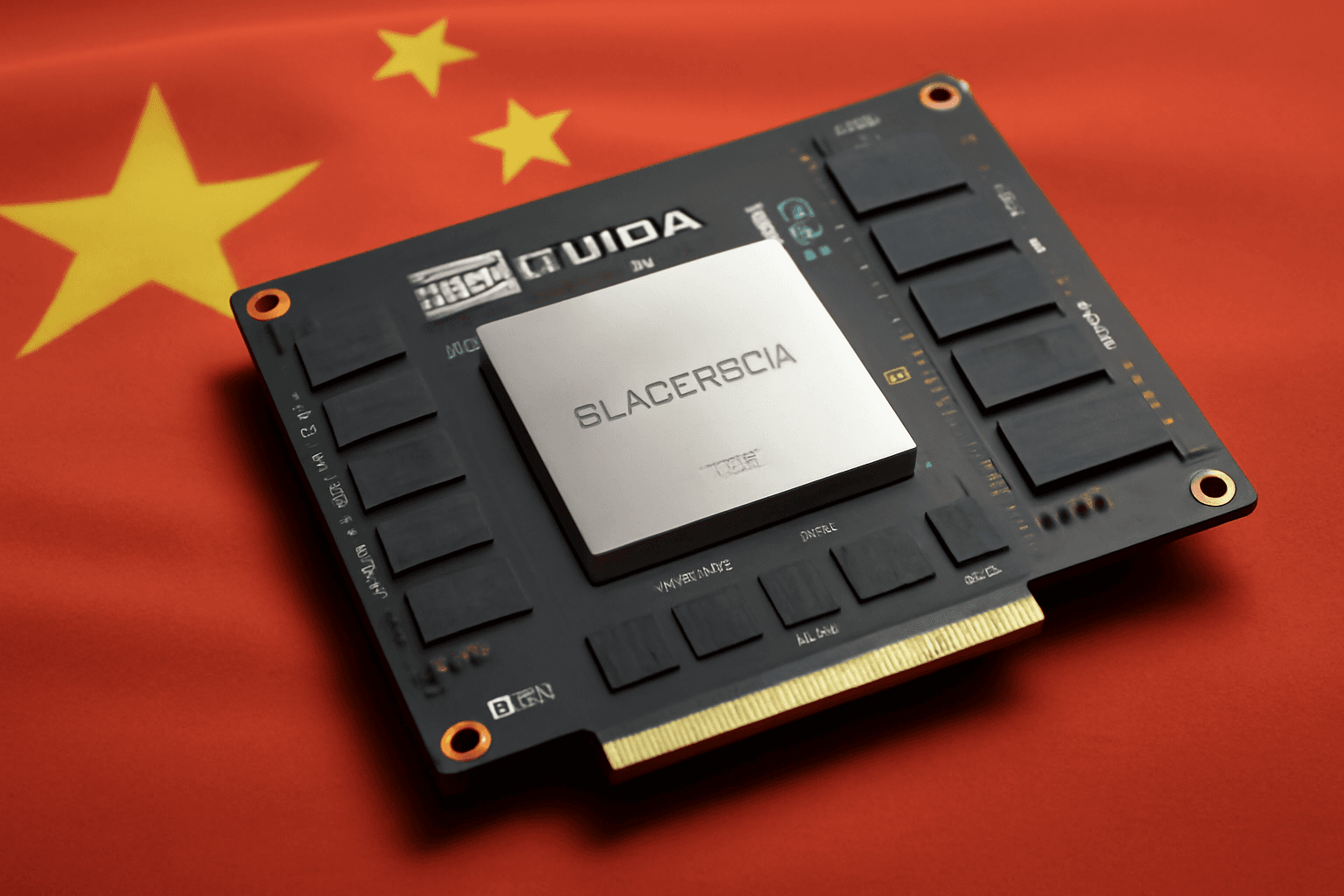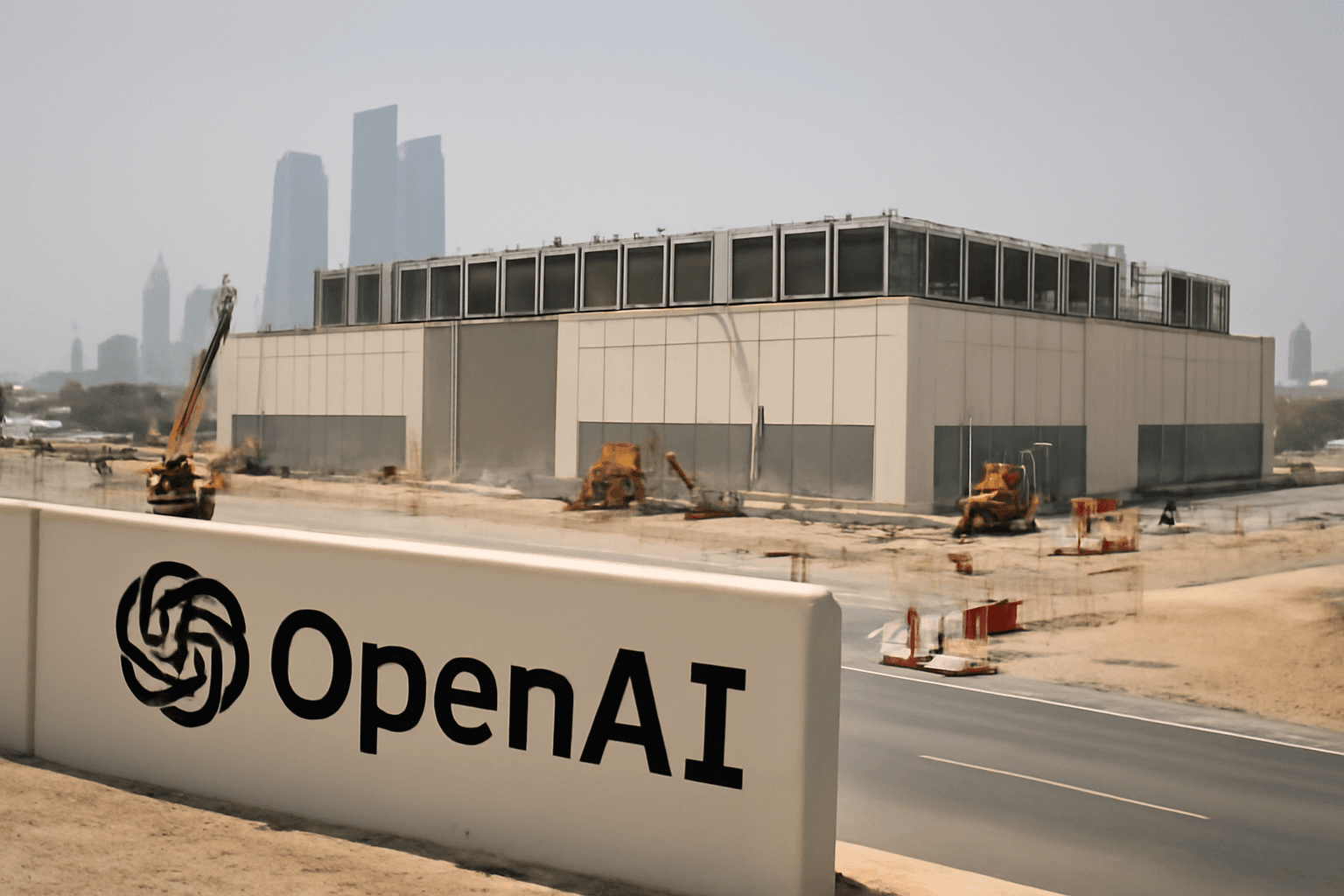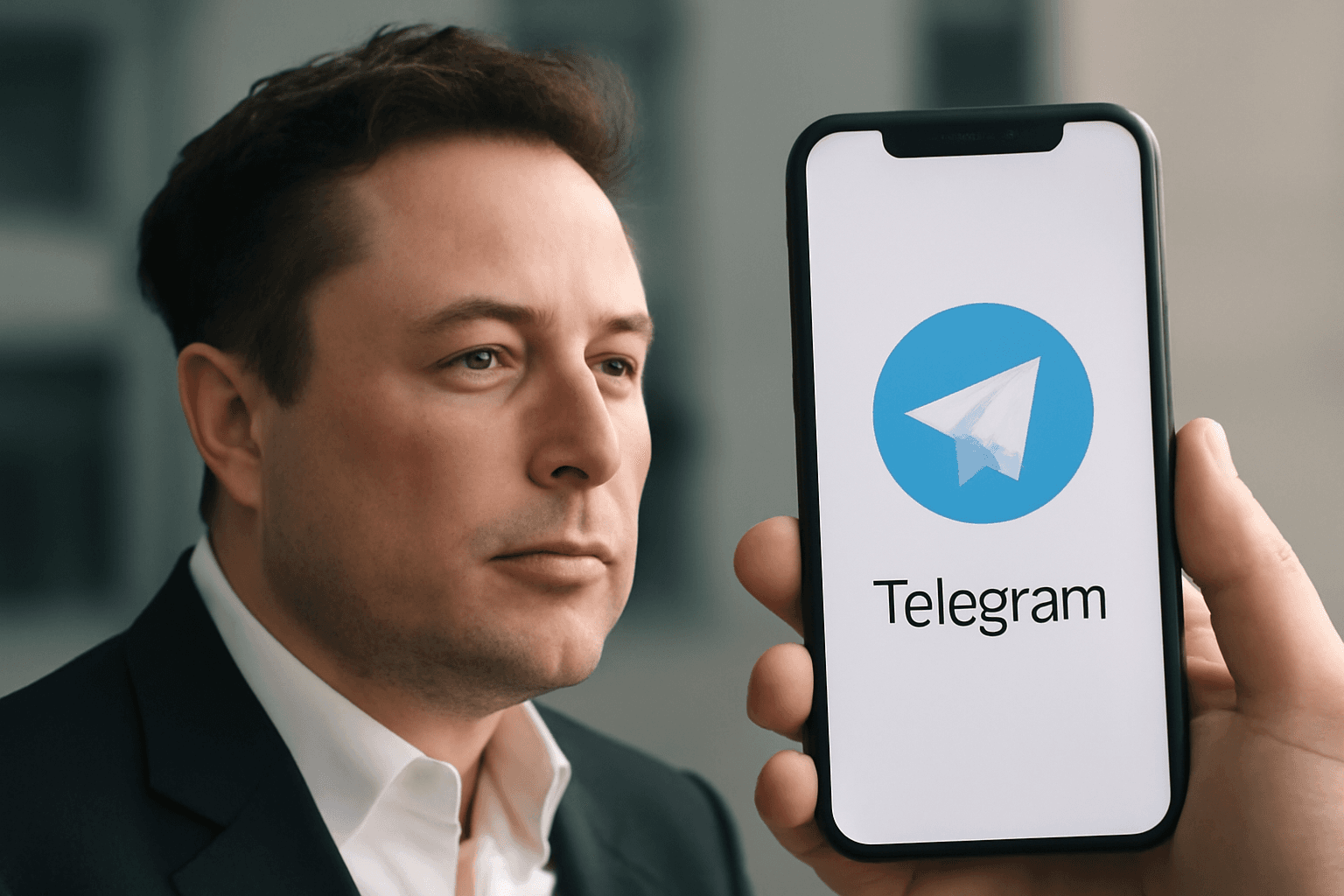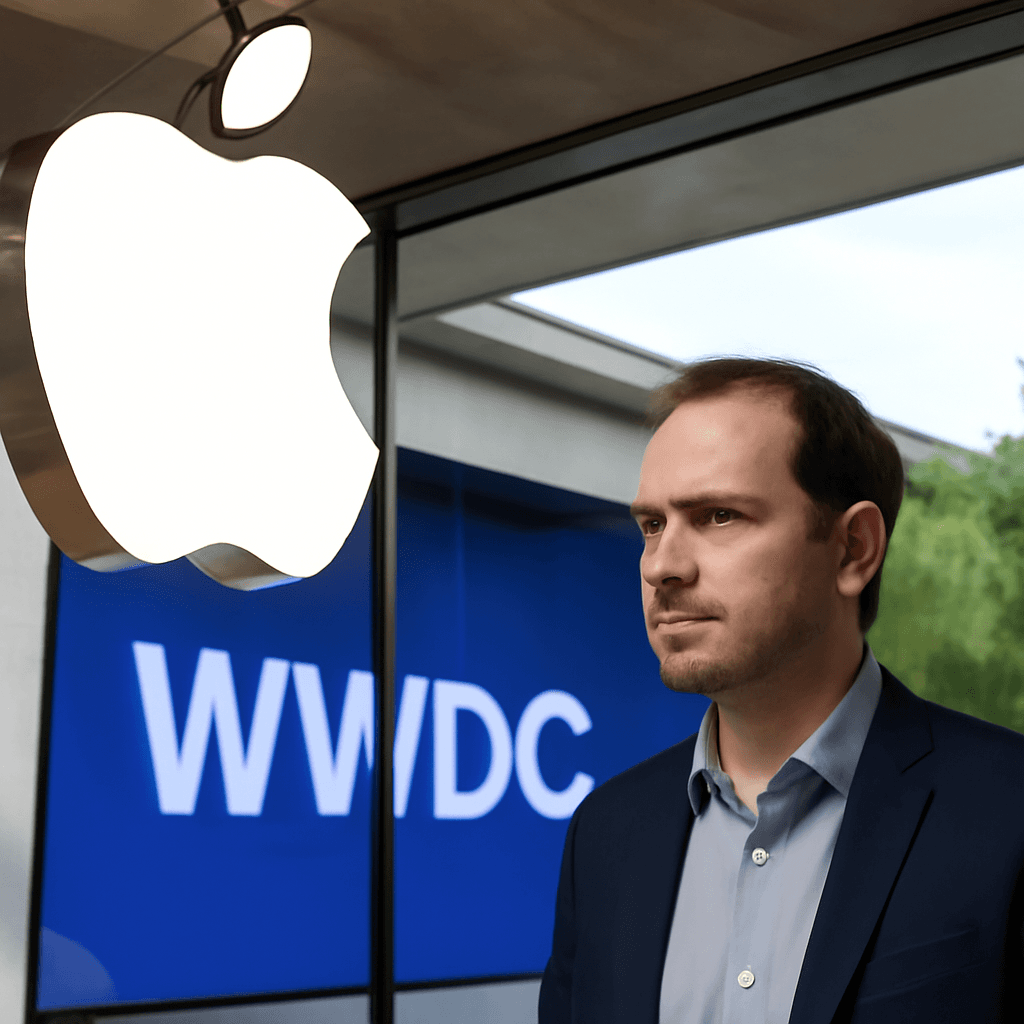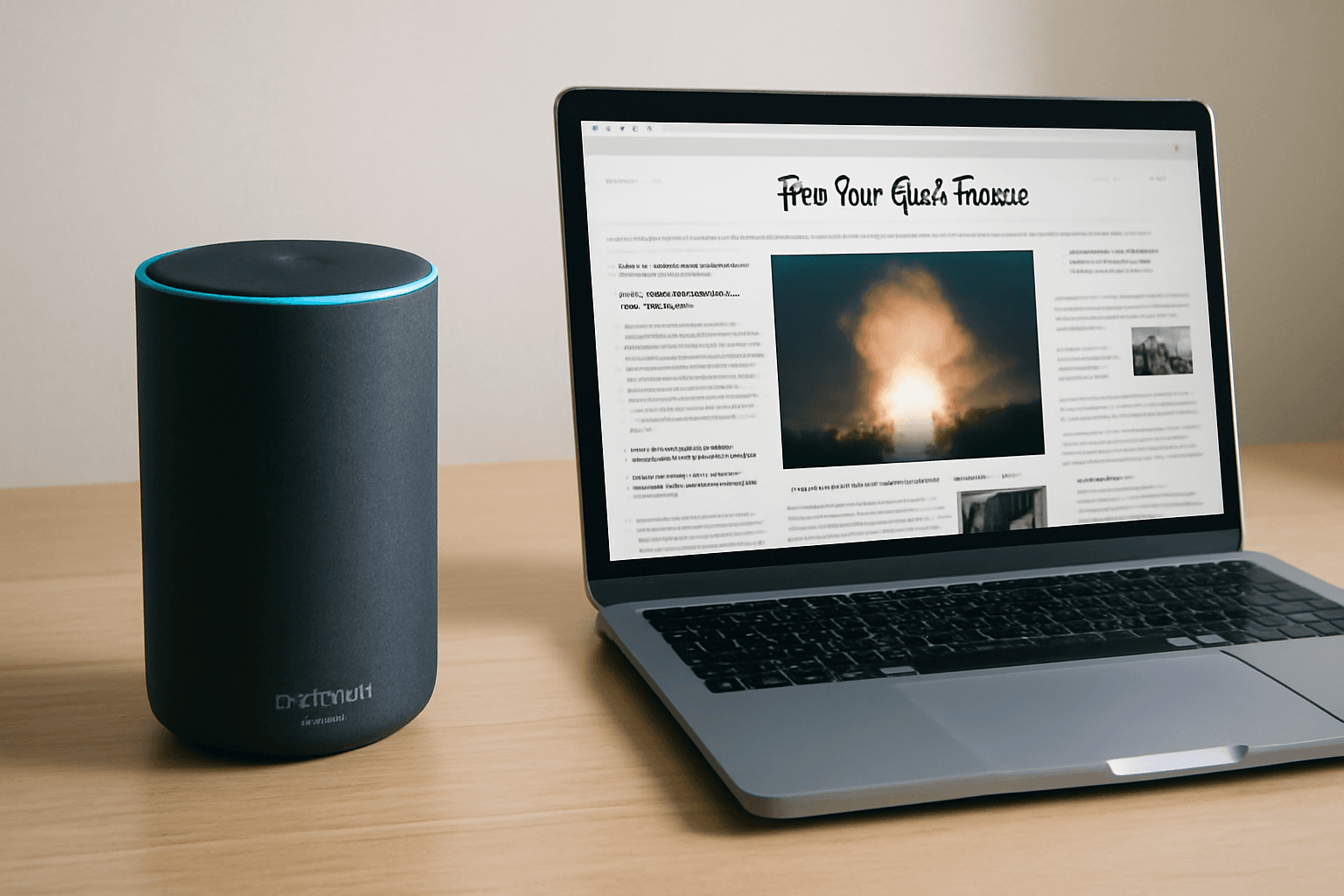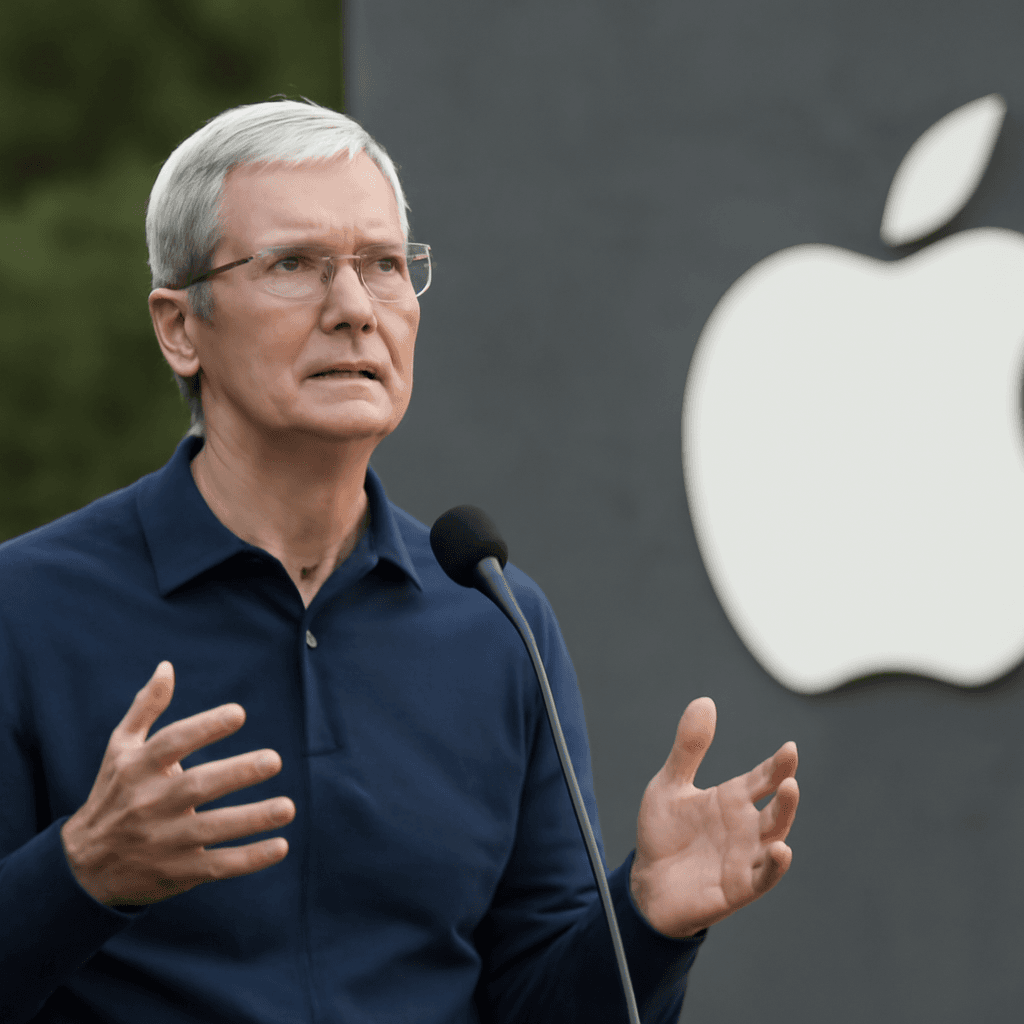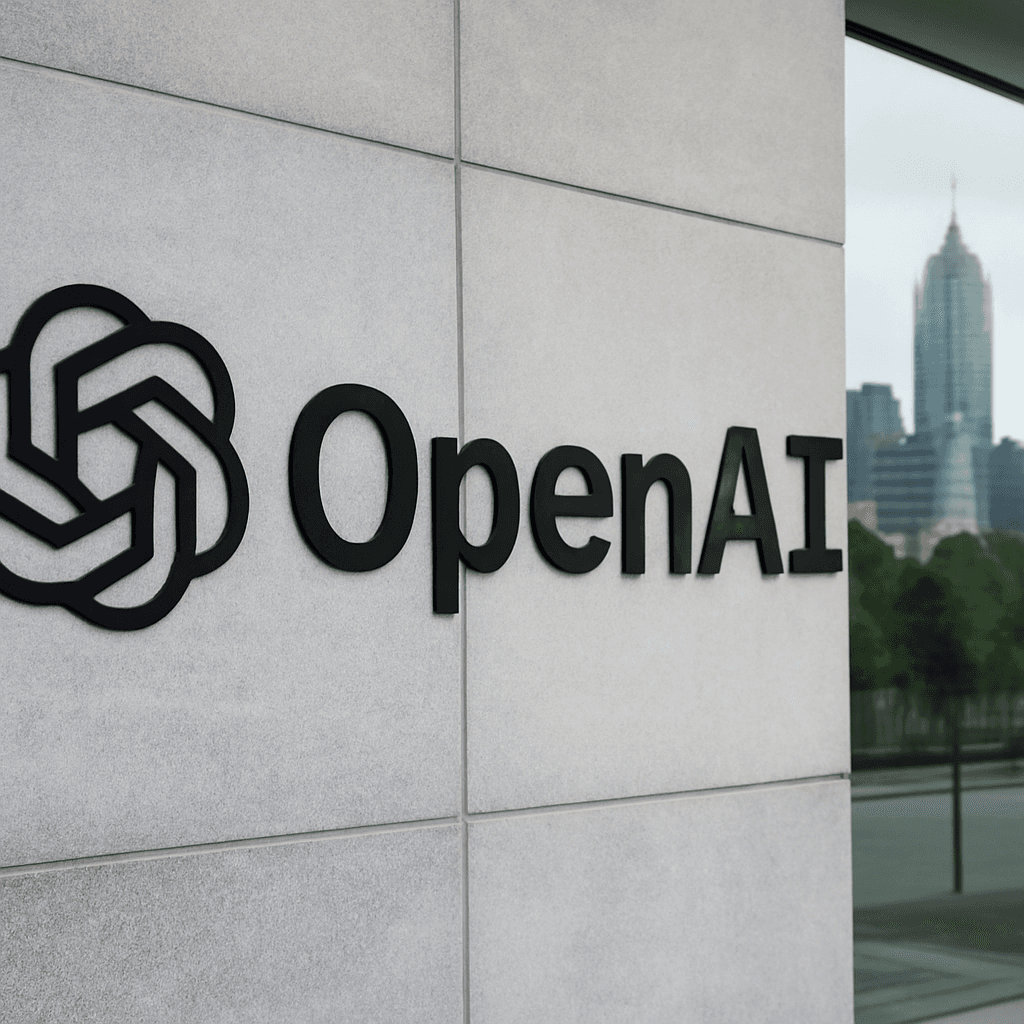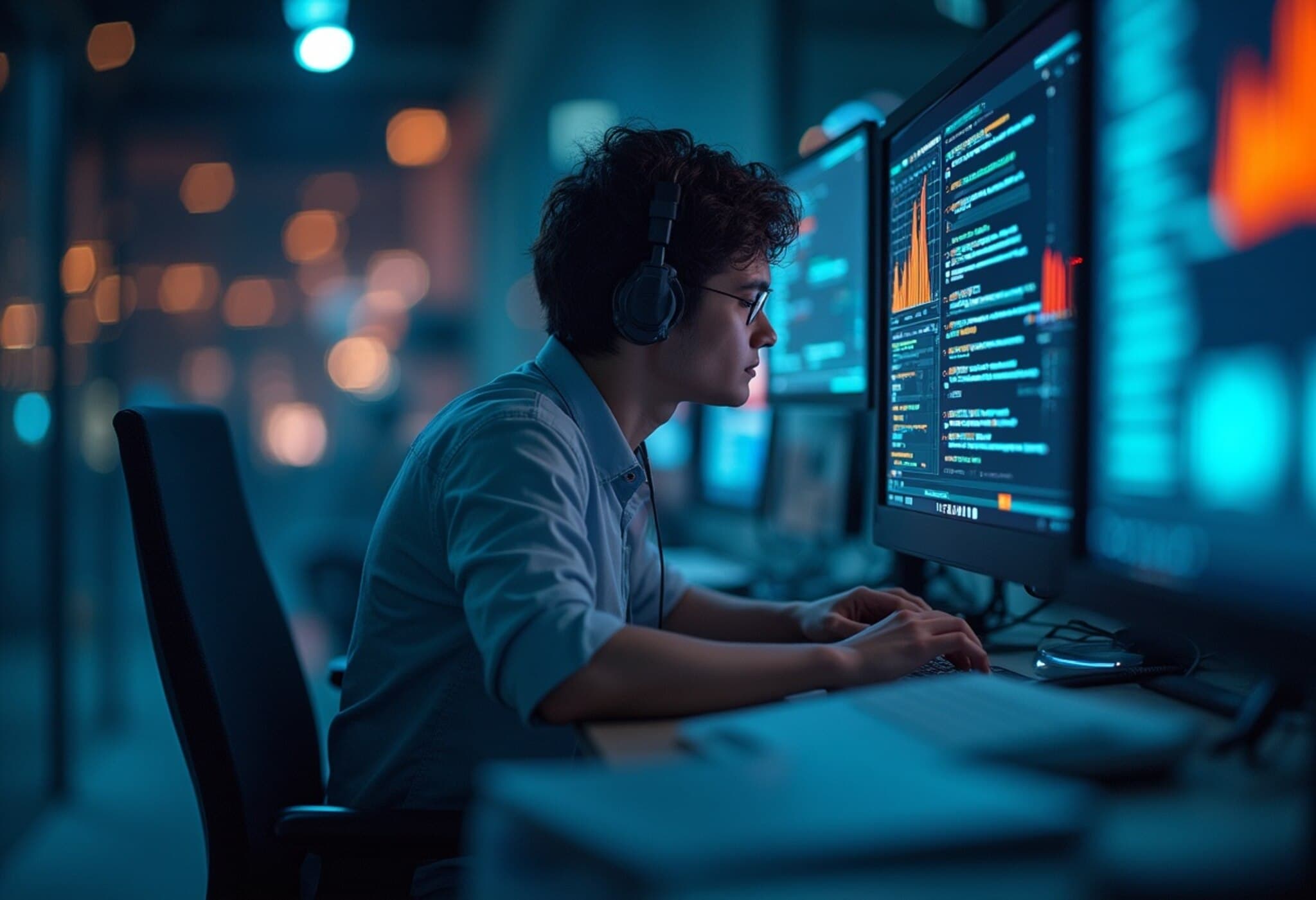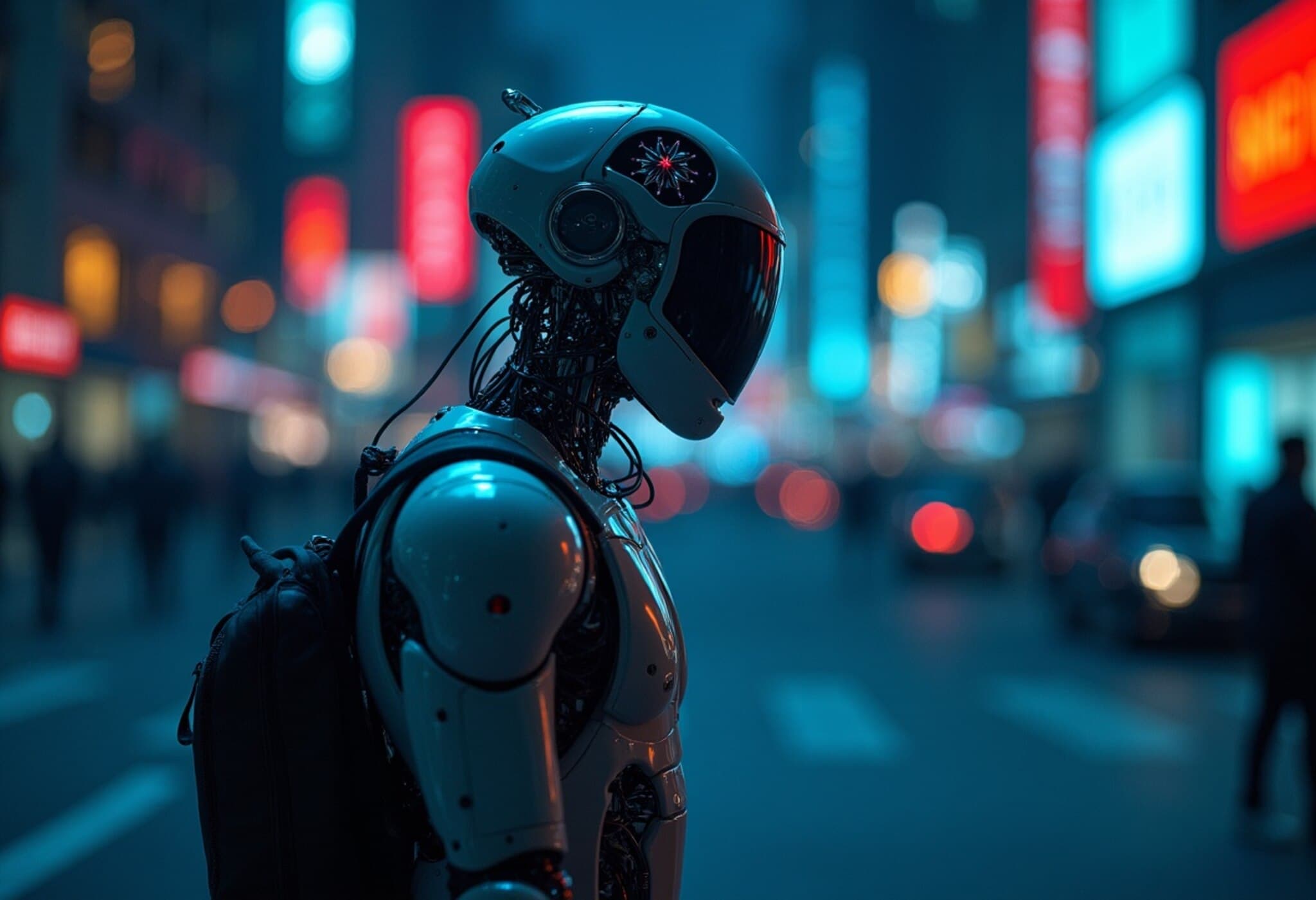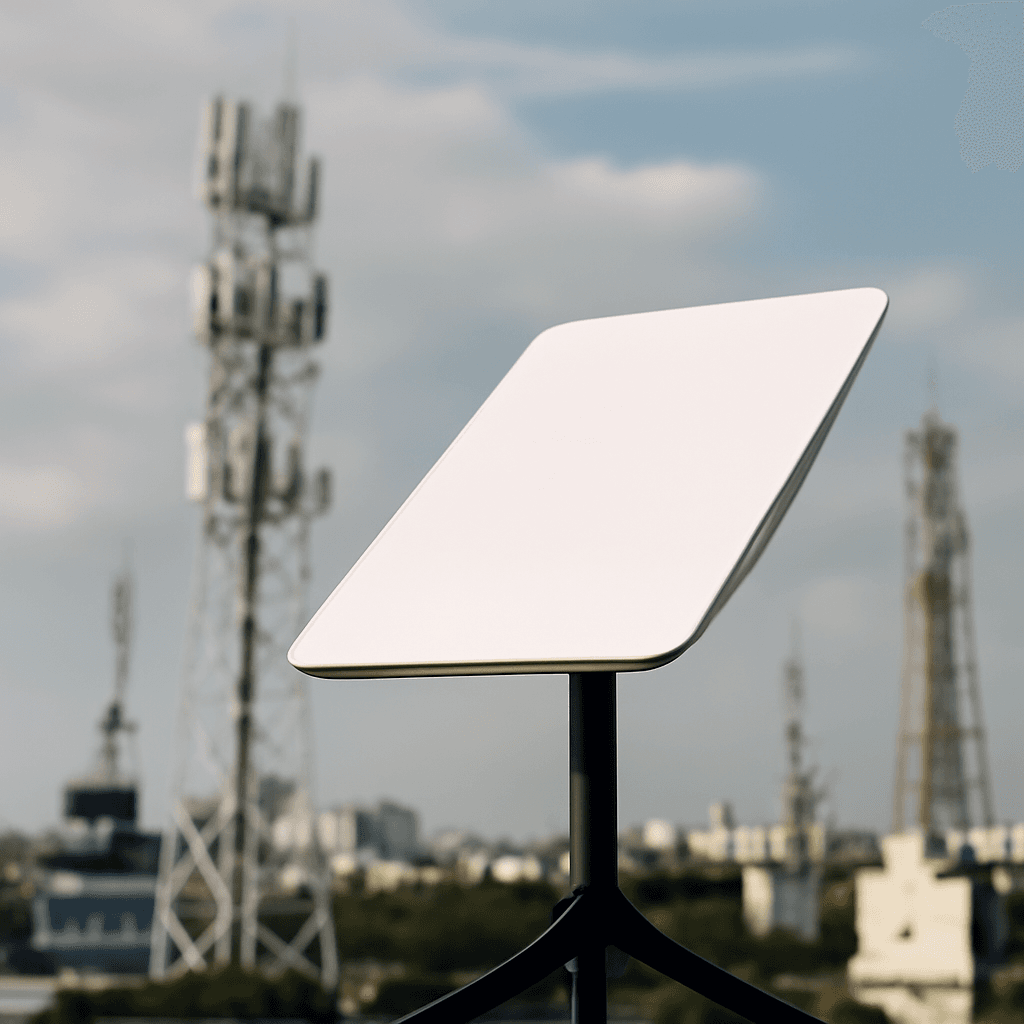Challenges and Expectations for Apple's AI Strategy
Apple Intelligence marked Apple's entrance into the fast-evolving field of artificial intelligence following the emergence of generative AI models like ChatGPT. Despite its robust ecosystem of over 1 billion iPhones and custom silicon, Apple’s progress in AI over the past year has appeared slower compared to competitors such as OpenAI, Meta, and Google.
At the 2025 Worldwide Developers Conference (WWDC) in Cupertino, California, Apple CEO Tim Cook is expected to provide clarity on the company's AI approach amid rising investor and developer anticipation. The need for transformative AI capabilities is particularly poignant given growing concerns that AI could fundamentally reshape or even supplant traditional devices like the iPhone in the near future.
Early AI Launches and Setbacks
Apple Intelligence’s initial rollout in late 2024 introduced features such as advanced text rewriting, enhanced Siri voice functionality, and AI-generated photo slideshow tools. However, these updates were met with underwhelming reception, particularly when some AI outputs were found to produce inaccurate or misleading information.
Apple’s most significant stumble came with the delayed launch of a "More Personal Siri" feature, designed to leverage AI to integrate Siri deeply with user apps for advanced tasks like email parsing and reservations. Although heavily promoted as a reason to purchase the iPhone 16, the feature was pulled from advertising campaigns and postponed indefinitely, leading to class-action lawsuits alleging consumer deception.
Competitive Landscape and Investment Dynamics
While Apple has maintained a low public profile on AI progress, it has internally reorganized its AI teams. Nonetheless, rivals continue to ramp up aggressive investments in AI hardware and software:
- OpenAI acquired a startup led by former Apple designer Jony Ive for AI hardware development, signaling major ambitions.
- Meta’s Ray-Ban Meta Glasses utilize the Llama language model to offer interactive AI-driven responses.
- Google’s Gemini AI models showcase capabilities beyond Siri, such as video summarization, with strategic partnerships aiming to launch AI-powered smart glasses.
In contrast, Apple's capital expenditures on infrastructure remain comparatively modest. The company spent about $9.5 billion (2.4% of revenue) in fiscal 2024 and primarily rents external computing power for AI model training instead of investing heavily in proprietary AI supercomputing resources.
Potential Paths Forward for Apple
Apple’s historical success in quickly adopting new technology often includes acquiring promising startups to integrate key features. Examples include acquiring PA Semi for semiconductor capabilities and Siri as an AI assistant. With over $130 billion in cash reserves, Apple could consider large-scale acquisitions in AI, although valuations and strategic interests may pose challenges.
Notably, Anthropic—valued above $60 billion and developer of the Claude AI chatbot—is a suggested candidate for acquisition or partnership to advance Apple’s AI offerings. Meanwhile, smaller AI firms like Perplexity are seeking integrations with hardware manufacturers and have reportedly been in talks with Apple.
Alternatively, Apple may continue its traditional strategy of partnering with third-party AI providers, embedding specialized AI models into its Apple Intelligence ecosystem without directly developing large frontier models internally.
Apple's Hardware Advantages and AI Development
Apple has long designed its custom chips with AI functionality in mind, particularly the powerful M-series processors with unified memory architecture optimized for AI inference tasks. Industry experts note Apple’s chips demonstrate competitive efficiency compared to leading GPU-based AI hardware.
Apple’s strategy for Siri includes enabling developers to create modular app components (“App Intents”) which enhance Siri’s ability to perform tasks seamlessly, though this framework is still in development.
The Existential AI Challenge
Apple executives acknowledge AI as a major technological shift with the potential to disrupt existing markets. Eddy Cue, Apple’s senior vice president of Services, remarked that AI could ultimately eliminate the need for smartphones within a decade as new AI-integrated devices emerge.
Despite this, industry observers believe Apple retains a window of opportunity to adapt due to its extensive user loyalty and strong ecosystem. Nevertheless, the imperative is clear: Apple must accelerate its AI capabilities to remain competitive as AI redefines the future of personal technology.

